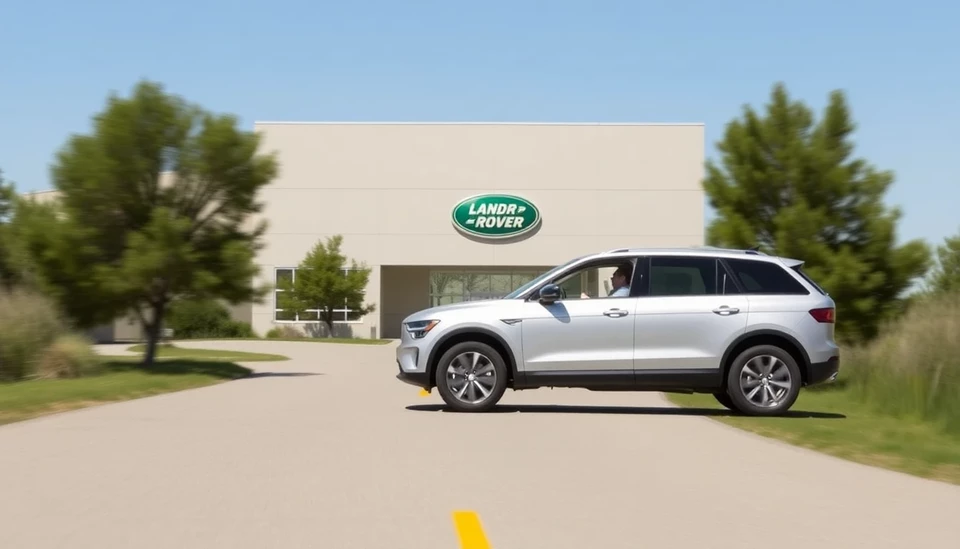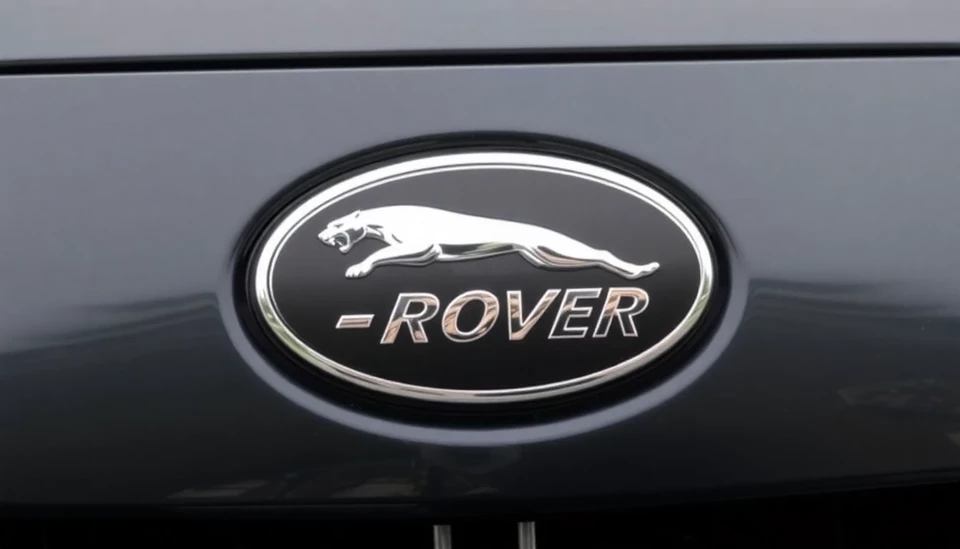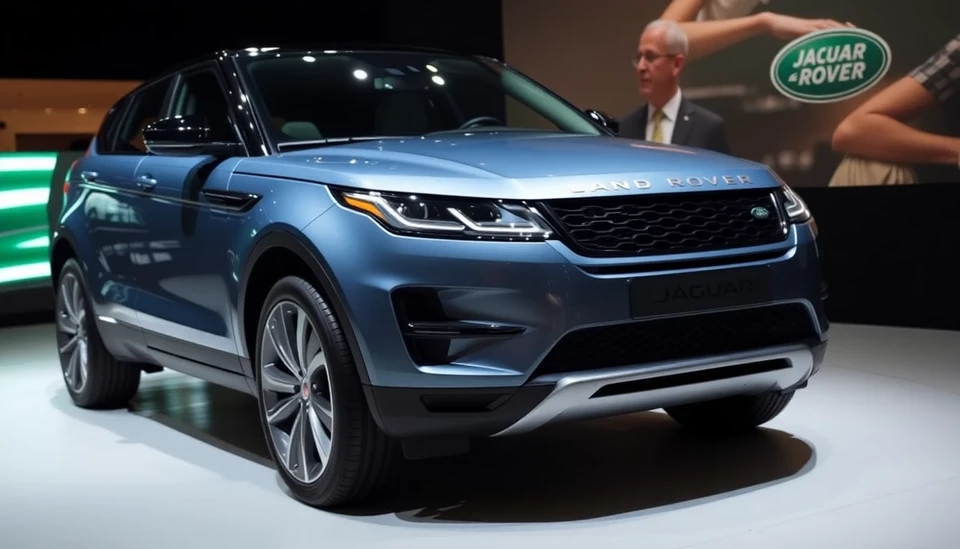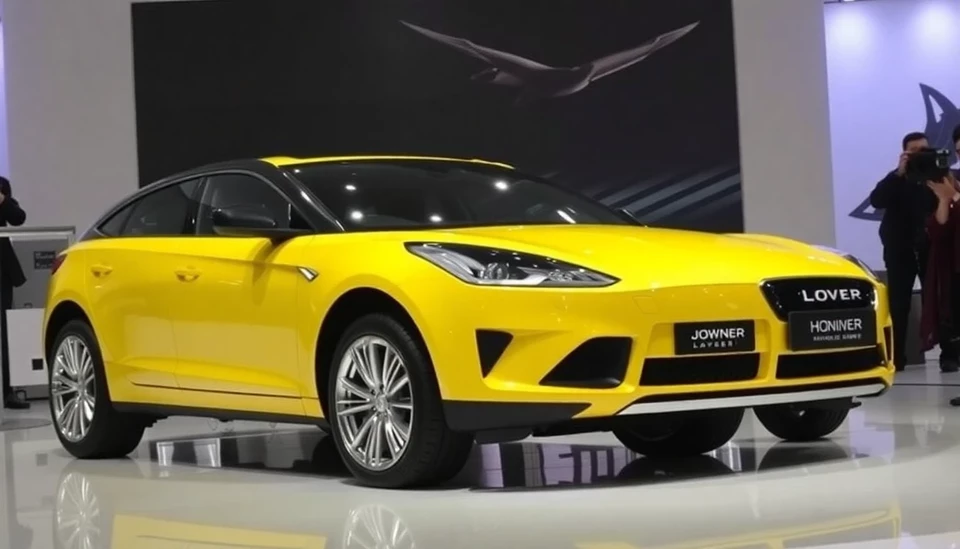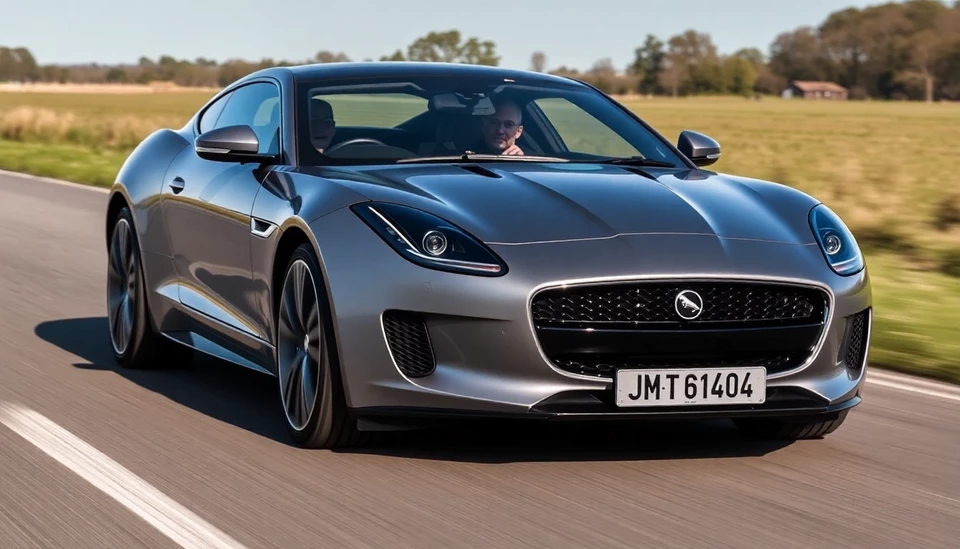
In a significant transformation, Jaguar Land Rover has announced that the production and sale of new Jaguar vehicles in the UK will be halted for over a year, as the iconic British brand embarks on a comprehensive strategy to transition toward electric mobility. This groundbreaking move signifies a major pivot in the automotive market as consumer preferences continue to evolve towards sustainability and environmental responsibility.
The company, known for its luxury sedans and sports cars, disclosed that from January 2024, it would cease the production of several popular models, including the Jaguar XJ and the F-Type. These vehicles, once symbolized British engineering and craftsmanship, will no longer be available for purchase in the UK market for an extended period.
Jaguar Land Rover has taken this step to realign its operations with industry trends and regulatory demands that emphasize reduced emissions. As worldwide automotive manufacturers step up their commitment to electrification in response to climate change, Jaguar is channeling its efforts into developing an all-electric lineup which is anticipated to debut by 2025.
Chief Executive Officer Adrian Mardell emphasized in a recent statement that the future lies in electric vehicles (EVs), asserting the necessity for Jaguar to refocus its identity around sustainability and innovation. The company envisions a lineup of electric models that will not only enrich its portfolio but also resonate with environmentally-conscious consumers.
In the UK, the anticipation of new electric offerings is growing, as Jaguar promises that their forthcoming electric vehicles will feature state-of-the-art technology and design that defines the brand's luxury ethos. However, this revision leaves potential buyers in limbo, as enthusiasts and loyal customers will have to wait patiently for the impending transition.
This prolonged hiatus in the Jaguar lineup is indicative of a larger trend within the automotive industry, where several manufacturers are preparing their lineup for the next generation of automobiles, driven largely by changes in consumer preferences and government policies aimed at reducing carbon footprints.
Furthermore, Jaguar Land Rover's decision reflects the urgency facing brands to comply with stringent emissions regulations being implemented by various governments. By putting a temporary stop to petrol and diesel vehicle production, the brand positions itself strategically for the surging electric vehicle market, expected to swell significantly in the coming years.
Consumers, while excited about the new opportunities that electric Jaguars present, have mixed feelings about the waiting period. The brand's cessation of existing model availability could lead to reduced sales, as traditional customers might pivot towards alternative luxury brands that continue to offer combustion engine vehicles during Jaguar's transition phase.
Jaguar Land Rover's shift is not just about the vehicles themselves. It also encapsulates a broader cultural and operational transformation within the company, as it undergoes a significant rebranding effort to align itself with values that today's consumers find increasingly attractive, such as sustainability, technology, and modern luxury.
As the automotive market continues to evolve, the question remains: will Jaguar successfully pivot to maintain its prestigious stature in an electric future? The coming years will be crucial as the brand works to reclaim its place in the competitive landscape of luxury electric vehicles.
In summary, Jaguar's imminent transition represents not merely a tactical decision but a vital necessity in a world where electric mobility is increasingly at the forefront of consumer and governmental priorities.
#Jaguar #ElectricVehicles #Sustainability #AutomotiveNews #LuxuryCars #TransitionToElectric
Author: Samuel Brooks
